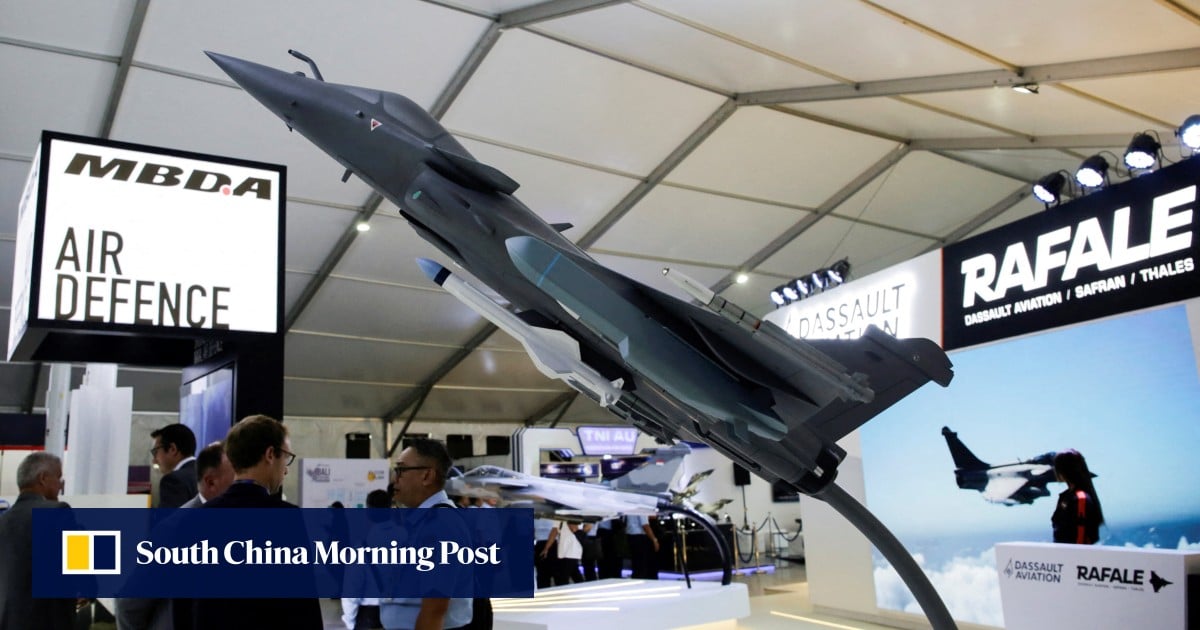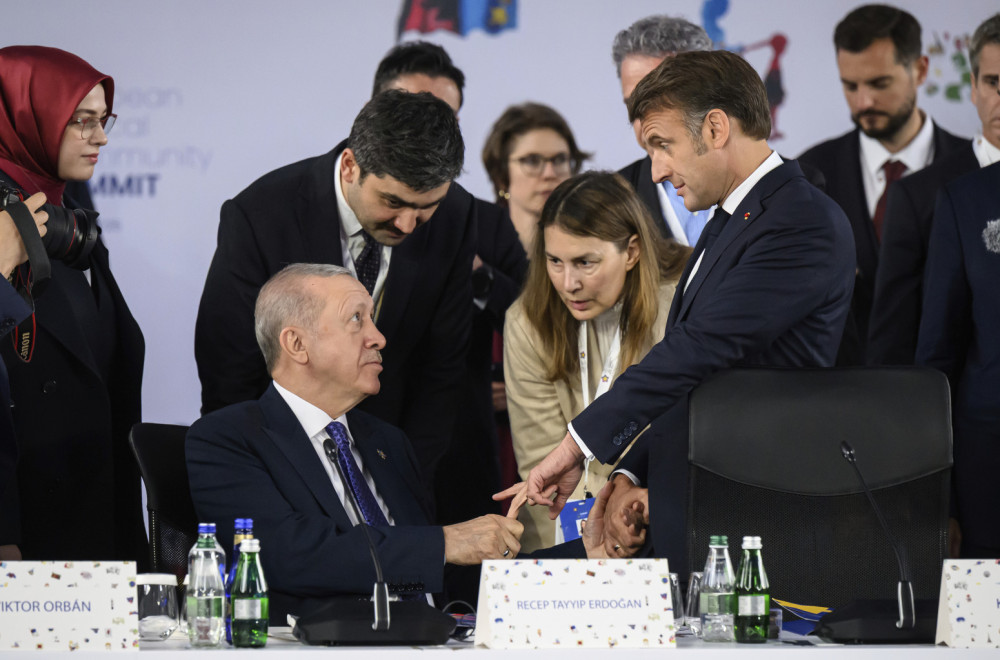Evo vrlo neobičnog članka u Njujork Tajmsu. Nekako su uspeli da intervjuišu Ruske vojnika. Dve osnovne teze zapadnog propagandnog narativa o ratu u Ukrajini su se do sada vrtele oko "Ruske agresije u Ukrajini" i oko tvrdnje da je to "Putinov rat" (a ne Ruski rat) jer je Putin dikator, pa je tobože Ruse bez njihovog pristanka (zato što je "diktator") poveo u osvajačku "vojnu avanturu" u cilju "vraćanja statusa imperjalne Rusije". Naravno da nikad nisu spominjali kako bi onda trebalo nazvati Ameriku ako se usvoji kriterijum po kome je Rusija "Imperjalna". Niti zašto bi slabija strana trebala da dobrovoljno pristane na sve praktične posledice ovako velike asimetrije u međunarodnim pravima i obavezama.
Međutim vremena se očigledno menjaju, pa sada po prvi put Američki čitaoci mogu da pročitaju da je, po Njujork Tajmsu, u ovom slučaju
Putin taj koji se plaši reakcije naroda, a ne da se narod plaši Putina. Drugim rečima, Ruski narod je taj koji je postavio ratne ciljeve tako što, sučen sa konstantnim neprijateljstvom i subverzijom, sada traži da se najzad zaokruže tradicionalno "Ruske zemlje" u jednoj državi jer je to jedina sigurna i trajna zaštita koje se već sutra ne može promeniti kad god to nekom na zapadu ubuduće padne na pamet. Zbog TOGA Putin sada
ne sme da pristane na verziju mirovnog ugovora koju su sastavili Kelog, Zelenski i EU. Vrlo zanimljiva inverzija, čiji je izvor besumnje teškoća koju ima Tramp da Putina ubedi da i malo promeni stav. Što je posle nedavnog Istambulskog sastanka postalo očigledno čak i u Vašingtonu.
Izjave Ruskih vojnika, po Njujork Tajmsu (delovi članka):
Russian Troops Are War-Weary, but Want to Conquer More of Ukraine
"New York Times", 17 May 2025 13:44:47 UTC
“We’re all tired, we want to go home. But we want to take all of the regions, so that we don’t have to struggle for them in the future,” said Sergei, a drafted Russian soldier fighting in the eastern Donetsk region, referring to the annexed territory. “Otherwise, have all the guys died in vain?”
The interviews are a rare window into Russian military morale, underlining the domestic challenges President Vladimir V. Putin of Russia would face in ending the war on terms that fall short of his maximalist goals. The soldiers’ demands also suggest that Mr. Putin’s hasty annexation of four Ukrainian regions early in the war may have limited his current options in negotiations because a significant part of the population would view anything less as a defeat.
The soldiers, who have fought in different units and different areas, spoke with deep bitterness about their country’s officials and civilians, whom they accuse of benefiting from the war while ignoring frontline hardships. Their comments point to the difficulties Russia would face after any peace deal in integrating servicemen back into civilian life, and in moving the wartime economy back onto a civilian footing.
“Do you understand what it means for a country to have a million people who have been trained to kill without fear of blood?” said Dmitri, who fought in Ukraine for a Russian paramilitary unit until October. “A million angry killers is a pretty serious problem if they will view our rulers as men who are not on their side.”
Such resentment has made control of the contested territories, long considered by analysts a bargaining chip amid Russia and Ukraine’s deeper disagreements, a nonnegotiable war aim for many Russian servicemen and their supporters.
“We have shown our strength.
The whole world is fighting against us, and they are not getting very far,” said Yevgeniy, a Russian contract soldier who fought in Ukraine until December 2023. “I don’t want to see any concessions because I have seen the price of every fistful of land.”
Interviews with the soldiers and Russian opinion surveys show that such a truce would also fail to satisfy a large part of Russian society. Years of war propaganda and steady, if slow, battlefield gains, have convinced many Russians that
their country is fighting an existential conflict against the West, which will not end until Ukrainian capitulation.
“If there’s no cease-fire now, we need to keep going until the end,” said Nikolai, a Russian soldier in Ukraine. “Because if we don’t, sooner or later — in five years or in 10 — there will be a war again.”
A survey conducted in Russia in mid-April by an independent polling company, Chronicles, found that nearly half the respondents said they would not support a peace deal that falls short of those initial goals. Such polls show the difficulty that Mr. Putin would face in presenting to Russian society the current status quo in Ukraine as a victory.
Few in Russia expect Mr. Putin, who wields absolute power, to pay an immediate political cost for any peace deal. His control of the country’s media would allow him to present any outcome as a success, at least at first. But an unconvincing victory could eventually bubble up into the kind of discontent that fueled the Wagner paramilitary force mutiny in 2023.
“Of course I want a cease-fire because even a bad peace is better than a good war,” said Dmitri, the former paramilitary soldier. “But we have also taken such a large step forward, that we cannot stop now.”
“Otherwise, is it all a game? Has Vladimir Vladimirovich Putin played a little game, killed a million people, and all is OK?” he said.
“This would not be such a good government, I think,” he added.







